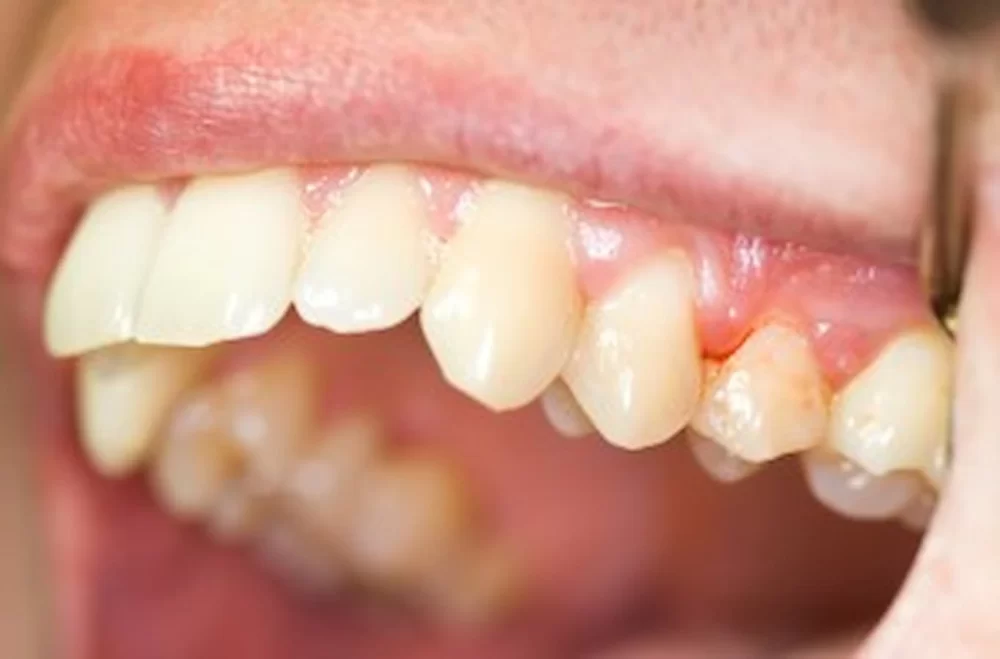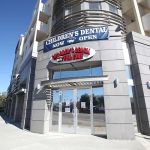
- bleeding-gums-caused-by-brushing-too-hard-overview
- why-brushing-too-hard-causes-bleeding-gums
- how-to-treat-bleeding-gums-at-home
- professional-solutions-for-bleeding-gums
- prevention-tips-to-avoid-brushing-related-gum-bleeding
- real-life-case-studies-on-bleeding-gums
- when-to-see-a-dentist-for-bleeding-gums
1. Understanding Bleeding Gums Caused by Brushing Too Hard
Bleeding gums are a common oral health concern that many people experience, especially when brushing their teeth too aggressively. While maintaining oral hygiene is essential, brushing too hard can damage delicate gum tissues and lead to bleeding, discomfort, and even gum recession over time.
Bleeding gums caused by brushing too hard occur because excessive force irritates the gum line, causing tiny blood vessels to rupture. This bleeding is often an early warning sign that your brushing technique needs adjustment. Understanding why this happens is crucial to effectively treat and prevent further gum damage.
2. Why Brushing Too Hard Causes Bleeding Gums
The primary reason brushing too hard causes bleeding gums is due to mechanical trauma. The gums are soft tissues that require gentle care. Applying excessive pressure with a hard-bristled toothbrush or scrubbing harshly can injure the gums, leading to inflammation and bleeding.
Moreover, aggressive brushing can wear away protective enamel near the gum line, exposing sensitive areas that exacerbate irritation. Many individuals unknowingly brush hard, thinking it cleans better, but the opposite is true — gentler brushing is more effective and safer.
3. How to Treat Bleeding Gums at Home
When bleeding gums occur from brushing too hard, immediate steps can be taken at home to soothe the gums and promote healing. Start by switching to a soft-bristled toothbrush and using gentle, circular brushing motions instead of harsh back-and-forth scrubbing.
Rinsing with warm salt water several times a day helps reduce inflammation and disinfect the affected areas. Applying a cold compress can also alleviate discomfort. Additionally, maintaining a balanced diet rich in vitamins C and K supports gum health and repair.
Over-the-counter antiseptic mouthwashes and gels designed for gum care can further accelerate healing and prevent infection. Consistency in gentle oral hygiene is key to reversing damage caused by hard brushing.
4. Professional Solutions for Bleeding Gums
If home treatments do not resolve bleeding gums or if bleeding persists, professional dental care is necessary. Dentists can assess the severity of gum damage and recommend tailored treatments.
Professional cleaning removes plaque buildup that exacerbates gum inflammation. In some cases, dentists may prescribe medicated mouthwashes or topical antibiotics to treat infections. For more severe gum recession caused by aggressive brushing, restorative procedures such as gum grafts may be recommended.
Regular dental checkups also provide guidance on proper brushing techniques, ensuring that patients avoid repeating harmful habits.
5. Prevention Tips to Avoid Brushing-Related Gum Bleeding
Prevention is better than treatment when it comes to bleeding gums caused by brushing too hard. To protect your gums, always use a soft-bristled toothbrush and gentle brushing motions. Avoid applying excessive pressure or vigorous scrubbing.
Consider using an electric toothbrush with pressure sensors that alert you when brushing too hard. Replace your toothbrush every three months or sooner if the bristles become frayed. Incorporate flossing and regular dental visits into your oral care routine to maintain overall gum health.
6. Real-Life Case Studies on Bleeding Gums
Take the case of Sarah, a young professional who noticed frequent gum bleeding despite brushing twice daily. Upon dental consultation, it was discovered that her aggressive brushing technique was the culprit. After switching to a soft-bristled brush and adopting gentler habits, her gums healed within weeks, and the bleeding stopped.
Stories like Sarah’s highlight the importance of proper brushing technique and prompt attention to gum health. Sharing such experiences helps demystify common oral health issues and encourages readers to adopt healthier routines.
7. When to See a Dentist for Bleeding Gums
While minor bleeding caused by brushing too hard can be managed at home, persistent or severe gum bleeding warrants professional evaluation. If bleeding continues beyond two weeks, is accompanied by pain, swelling, or bad breath, seek dental care promptly.
Early diagnosis prevents complications like gum disease and tooth loss. A dentist will conduct thorough examinations, possibly including X-rays, to determine underlying issues and recommend effective treatment plans tailored to your needs.
Take Control of Your Gum Health Today
Bleeding gums caused by brushing too hard can be effectively treated and prevented with the right knowledge and care. By adopting gentle brushing techniques, using appropriate dental tools, and seeking professional advice when needed, you can maintain healthy gums and a beautiful smile.
Explore a wide range of oral care products and expert dental services at Dentistry Toothtruth, your trusted partner for optimal oral health. Investing in proper gum care today ensures lasting benefits for your overall wellbeing.







 Children's Dental FunZone - Pediatric Dentist & Orthodontist - West LA4.0 (1410 review)
Children's Dental FunZone - Pediatric Dentist & Orthodontist - West LA4.0 (1410 review) Leo Yudkin DDS PA5.0 (1 review)
Leo Yudkin DDS PA5.0 (1 review) Dentistry for Madison4.0 (273 review)
Dentistry for Madison4.0 (273 review) Sydney K. Waterman, DDS0.0 (0 review)
Sydney K. Waterman, DDS0.0 (0 review) Coker Dental: Dr. William L. Coker, DDS4.0 (25 review)
Coker Dental: Dr. William L. Coker, DDS4.0 (25 review) Heritage Grove Family Dental - Plainfield Dental Clinic4.0 (1397 review)
Heritage Grove Family Dental - Plainfield Dental Clinic4.0 (1397 review) The Importance of Oral Health Education During Pregnancy for a Healthy Pregnancy
The Importance of Oral Health Education During Pregnancy for a Healthy Pregnancy Best Tips for Brushing Your Teeth Properly for Healthy Gums: Essential Techniques for Oral Health
Best Tips for Brushing Your Teeth Properly for Healthy Gums: Essential Techniques for Oral Health Why Skipping Dental Checkups Can Lead to Bigger Oral Health Problems
Why Skipping Dental Checkups Can Lead to Bigger Oral Health Problems Advantages of Porcelain Dental Restorations
Advantages of Porcelain Dental Restorations How Can Diabetes Cause Tooth and Gum Problems? Preventing and Managing Oral Health Issues
How Can Diabetes Cause Tooth and Gum Problems? Preventing and Managing Oral Health Issues Healthy Habits for Promoting Good Oral Health and Hygiene: Tips for a Healthy Smile
Healthy Habits for Promoting Good Oral Health and Hygiene: Tips for a Healthy Smile